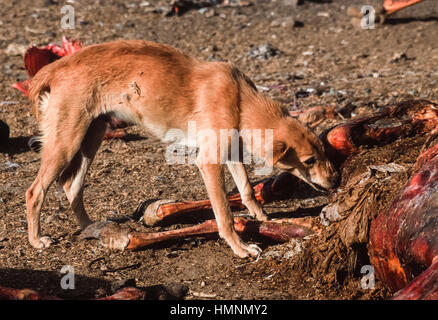

Like the wolf in North America, dingoes are deeply polarizing: they are romanticized by city dwellers and feature prominently in Indigenous songs and stories, but are hated by farmers for allegedly killing livestock.Īccording to Ballard, however, dingoes evolved to prey on small marsupials and aren't easily able to digest high-fat foods-thus lambs are more likely being hunted by feral dogs or hybrids. After receiving the same water and rice-rich food for 10 days, the German shepherds' scat was found to contain three bacteria families that helped them in breaking down starch, confirming the researchers' predictions.

German shepherds have eight copies of the gene. The study also set out to test the differences in how dingoes metabolize nutrients compared to domestic breeds, by running a controlled diet study on a number of dingos and German shepherds.ĭingoes, like wolves, have only one copy of a gene that creates pancreatic amylase, a protein that helps dogs live on starchy diets, which humans have thrived on especially in the past 10,000 years. The finding can have several applications. To be even more sure, the team is sequencing the genome belonging to an alpine dingo, found in the Australian Alps in the country's east. "Sandy the desert dingo is intermediate between the wolf and the domestic dogs," concluded Ballard. Among the breeds, Sandy was closer to the German shepherd than the rest. They found the dingo's genome was structurally distinct from the boxer, German shepherd, basenji, Great Dane and Labrador retriever.īut she still shared more similarity with the domestic dogs than with the Greenland wolf. The new research-a global collaboration involving 26 authors from 10 countries-compared the genome of a desert dingo named Sandy, who was rescued in 2014 along with her siblings-to those of five domestic dog breeds and the Greenland wolf. Though not normally aggressive, they aren't especially interested in humans.

Some hold that the lean, tan-colored canines, brought to the continent 5,000 to 8,500 years ago, are simply another form of domestic dog, though one which is far harder to tame or keep as a pet. However, "the evolutionary position of the dingo has been debated for a substantial period of time," co-author Bill Ballard of La Trobe University and the University of Melbourne told AFP. The species-revered in Aboriginal culture but the bane of modern ranchers-has been Australia's top predator since the extinction of Tasmanian tigers last century.


 0 kommentar(er)
0 kommentar(er)
